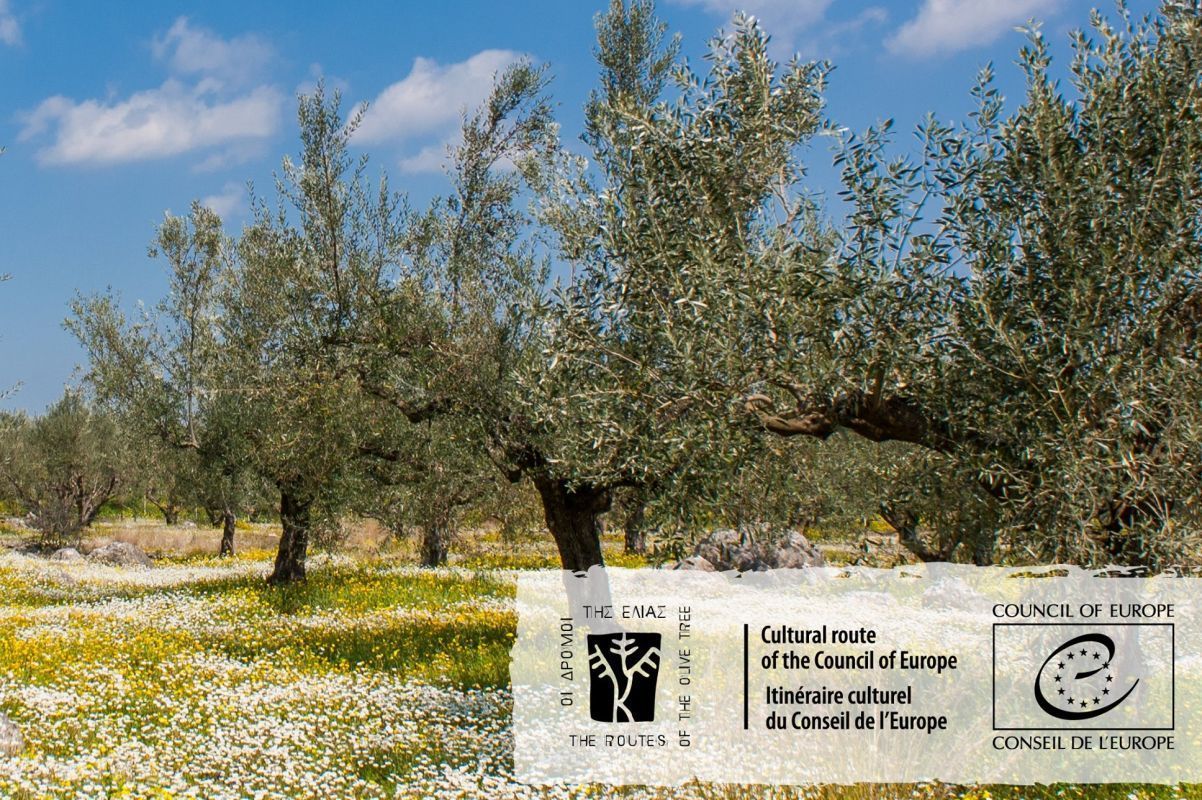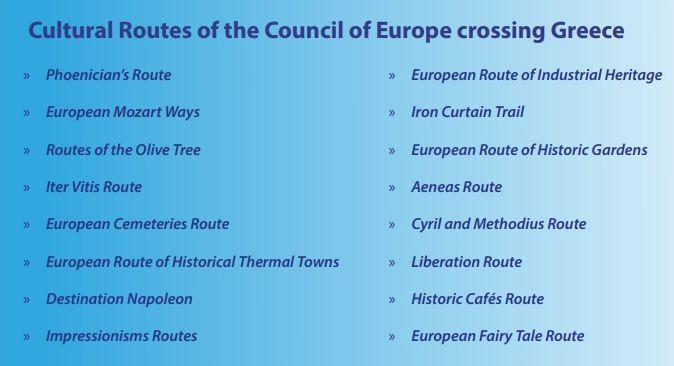Culture and Sustainability Focus of Greece’s Tourism Strategy
Integrating culture into the tourist experience and taking action to reduce travelers’ and destinations’ ecological footprint are at the center of the country’s tourism strategy for the next day, said Greek Tourism Minister Vassilis Kikilias during 11th Cultural Routes Annual Advisory Forum organized by the Council of Europe on Thursday on Crete.
Kikilias said the ministry was already exploring ways to establish Greece into a leading cultural and sustainable destination through the creation of cultural routes which support green development.
In this direction, Kikilias said the Greek National Tourism Organization’s (GNTO) upcoming campaign will showcase a more sustainable tourism model which is environmentally-friendly and respects culture and history.
A case in point, said Kikilias, was the town of Chania on Crete and the island as a whole which offer visitors insight into history and culture all year round.
“This is what we want to support and strengthen, which is why 2023 will be the year of sustainable tourism,” he said.
Mendoni: Cultural routes promote heritage of each destination

Council of Europe’s Deputy Secretary General, Bjørn Berge and Greek Minister of Culture, Lina Mendoni. Photo source: Ministry of Culture and Sports
Also participating in the event, Greek Culture Minister Lina Mendoni announced that dialogue is needed for the creation of cultural routes, which she said “require collaborations at a scientific and interdisciplinary level, but also the active participation of local bodies and sectors of the economy, laying the foundations of a different kind of cultural entrepreneurship closely linked to the cultural stock”.
In addition to the cultural experience gained by visitors, we are referring to experiences which offer new meanings and interpretations and can save and promote the cultural heritage of each destination, she said.
Of the 48 Council of Europe routes, Greece participates in 16, with two being Greek initiatives: “The Routes of the Olive Tree” and “The Historic Cafés Route”.
Coinciding with the 35th anniversary of the Council’s Cultural Routes program, the 11th Cultural Routes Annual Advisory Forum highlighted the relevance of Cultural Routes for the promotion of cultural diversity, intercultural dialogue and sustainable tourism.
According to a Future Market Insights (FMI) report, the global cultural travel market is expected to expand at a compound annual growth rate (CAGR) of 6.54 percent from 2022 to 2032, reaching a value of 559.30 million dollars by 2032.







